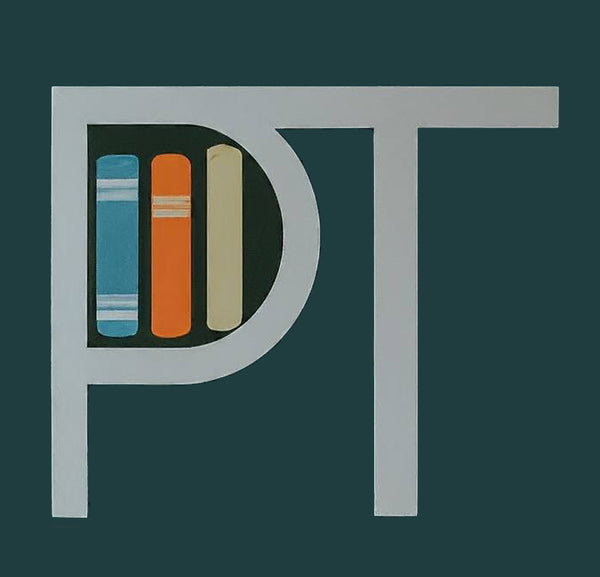
Literacy is more than just the ability to read and write; it is the foundation of all learning and plays a vital role in personal, social, and economic development. In today's fast-paced and ever-evolving world, literacy has become more crucial than ever. Whether for navigating daily life, advancing one's career, or fostering personal growth, literacy remains an essential skill that impacts every aspect of life.
1. Empowerment Through Knowledge
Literacy opens the door to knowledge. Those who can read and write can access vast amounts of information, whether in books, online resources, or other media. This empowerment allows individuals to make informed decisions about their health, finances, and other critical areas of life. Literacy not only enables one to gather information but also to critically analyze it, promoting a deeper understanding of the world.
2. Economic Opportunities
In the modern economy, literacy is directly linked to job opportunities and financial independence. Many jobs today require a certain level of reading and writing skills, whether it's filling out applications, reading instructions, or communicating via email. Without these basic skills, individuals are often limited to low-paying jobs or unemployment. Literacy fosters skills that help individuals pursue higher education and more advanced career paths, leading to greater economic stability.
3. Social Participation
Being literate allows individuals to fully participate in society. It enables them to engage in political discussions, understand laws and regulations, and communicate with others. A literate society is one where citizens can engage in the democratic process, making informed choices and contributing to the community. Literacy also helps bridge gaps between different cultures and promotes social inclusion by enabling better communication.
4. Personal Growth and Well-being
For individuals, literacy plays a key role in personal growth. Reading offers a way to explore different perspectives, enhance creativity, and discover new ideas. It can also be a source of relaxation and mental stimulation, contributing to better mental health. Writing, on the other hand, helps in self-expression, providing an outlet for emotions and thoughts. A literate person has the ability to navigate life more effectively and feel more confident in their ability to contribute to the world.
5. Breaking the Cycle of Poverty
Illiteracy often perpetuates cycles of poverty. Families that lack literacy skills are more likely to remain in poverty because they lack access to education and opportunities for better-paying jobs. Educating one generation has a profound impact on future generations, breaking the cycle of poverty and offering greater opportunities for children and their families.
Conclusion
The importance of literacy cannot be overstated. It is the key to personal empowerment, economic opportunity, social participation, and personal well-being. Ensuring that everyone has access to quality education and the opportunity to develop literacy skills is essential for creating a more equitable and prosperous society. Literacy truly is the cornerstone of human development.
